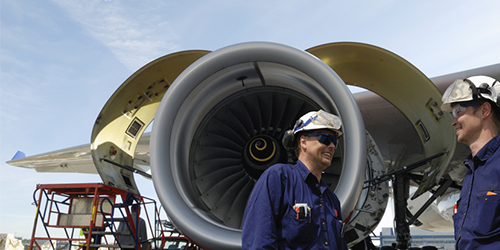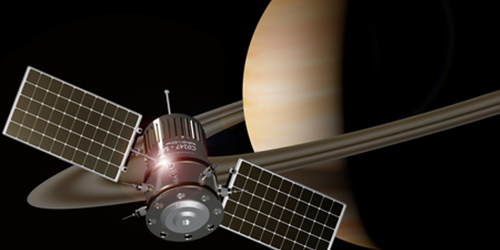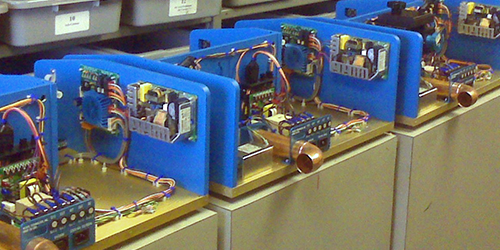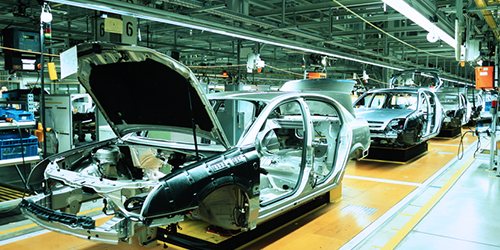
In hybrid microelectronics, for decades our machines have been the standard starting point for fully qualified rework. Each such package represents considerable value, tied up in machined package cost, assembly and test labor, ASICs and other specialized circuity. The ability to open, rework and reseal can mean the difference between a new contract's profit or loss, and it creates new contract opportunities upgrading older packaged circuits.

Numerous government agencies use Midas Technology machines in their advanced laboratories for prototyping, specialized circuit production, quality analysis, and counterfeit device identification. Service depots use them for rework and recovery of legacy components in support of end-of-life equipment.

As the world demand for bandwidth exploded, lasers and optical fibers created new packaging requirements. We worked with industry leaders to create specialized models that ensured their products could successfully be reworked without damaging fibers or changing alignment. Our debris and vibration control is vital for opening optical circuits with fragile glass assemblies.

For facilities with a constant stream of new products, rework equipment has to be highly flexible and adaptable. We've developed fixturing, work-holders, setup methods and documentation allowing accurate reconfiguration in minutes, so running different products on one machine is completely practical.

Quality requirements for internal medical devices are understandably high. In addition, package shapes are often irregular, and sealing profiles differ greatly from standard military packaging. We have created successful rework capabilities for such devices that have significantly reduced their production cost.

The high-volume, minimum production cost of auto electronics is at the opposite end of the spectrum from our normal market. But our ability to de-lid components such as airbag sensors without introducing debris greatly improves quality control - vital when lives are at stake. Our clean-machining capability has also been adopted to prepare automotive module bond pads for high speed assembly.

In our early years, most hybrid microelectronics were produced in North America. But today, hi-rel technology has spread world-wide, and the demand for our products has spread with it. Today, we have installations is Australia, Belgium, Canada, China, Costa Rica, Dominican Republic, England, France, Germany, India, Ireland, Italy, Netherlands, Norway, Philippines, Scotland, Taiwan, and Thailand, with more coming.